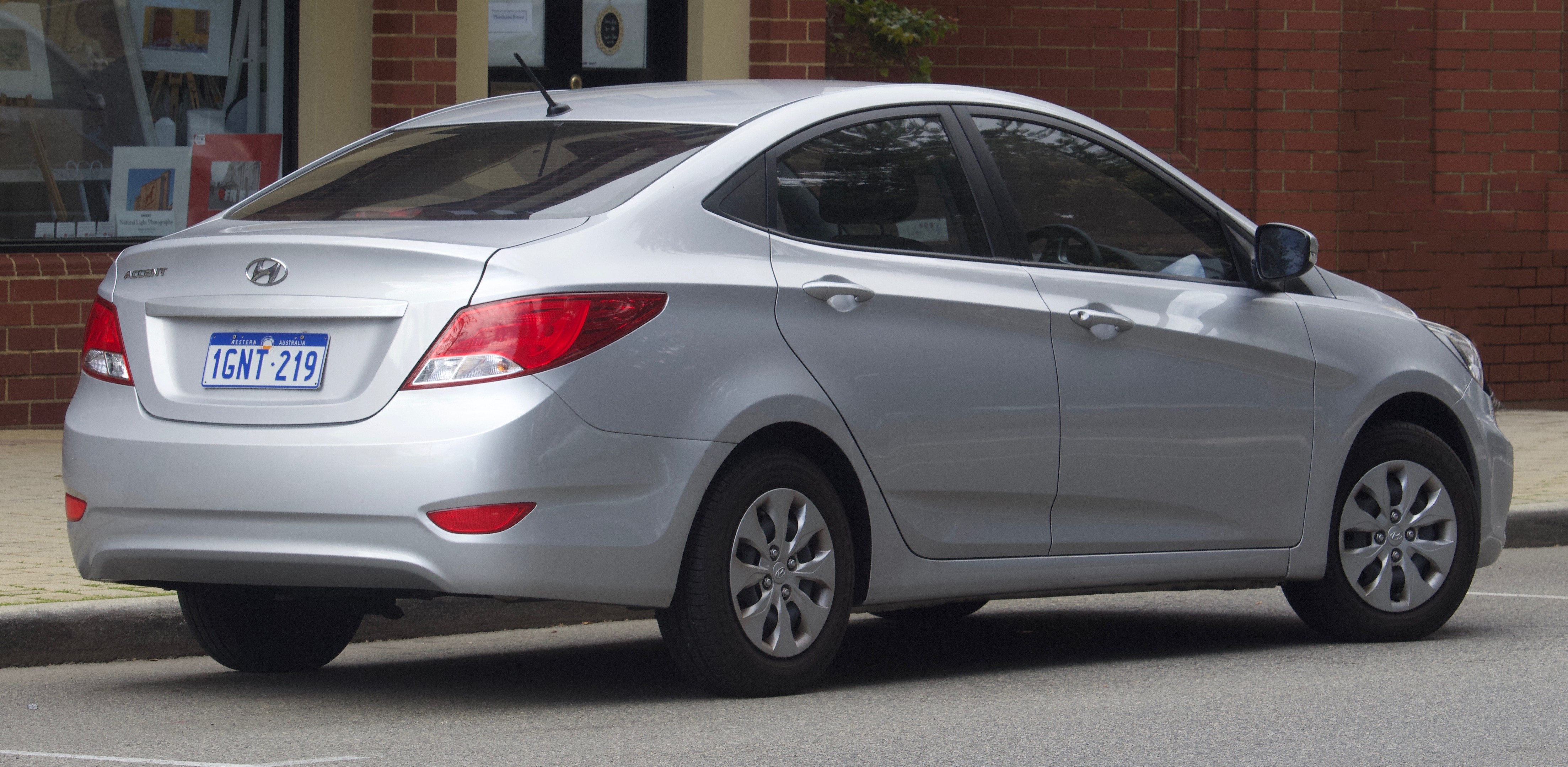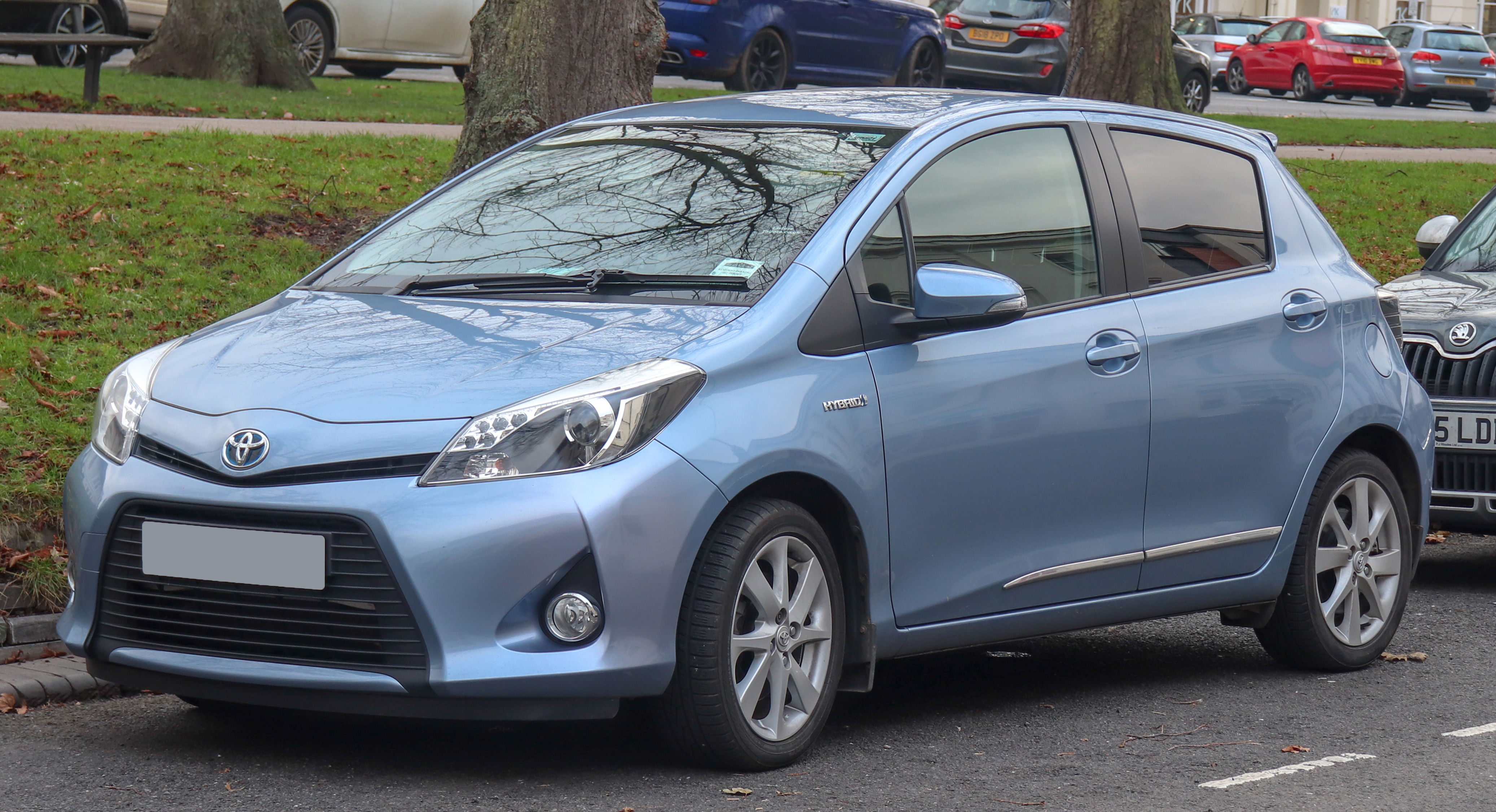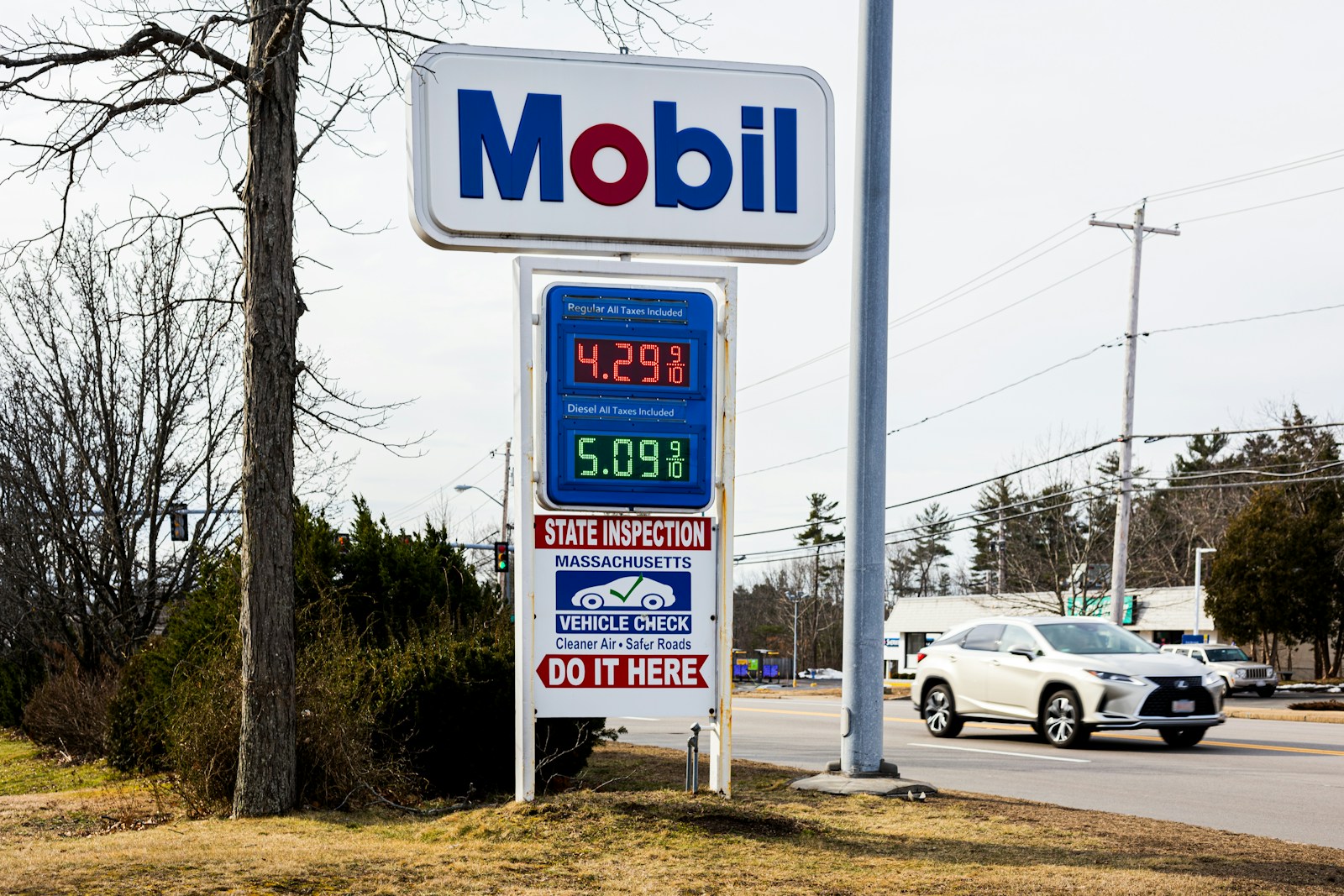If you’re shopping for a fuel-efficient used car in 2025 and want to avoid hybrid complexity, whether for lower repair costs, simpler mechanics, or just personal preference, there are still great gas-only options that get impressive mileage and stay under $10,000. I’ve personally owned a few of these, and they’ve proven that you don’t need a hybrid badge to save money at the pump.
Here’s a breakdown of the best non-hybrid fuel savers that deliver strong real-world MPG while keeping ownership costs low.
🚗 Top Non-Hybrid Fuel-Efficient Cars Under $10,000
2012–2017 Hyundai Accent

- MPG: 28 city / 37 highway
- Why It’s Great: Inexpensive to maintain, common parts, and simple design. The 1.6L engine offers solid mileage without sacrificing too much power.
- What to Watch For: Road noise on highways and basic interior materials.
2013–2016 Nissan Versa

- MPG: 31 city / 40 highway (with CVT)
- Why It’s Great: Often overlooked, but it’s one of the most efficient gas-only cars you can find. Great for rideshare or daily commuting.
- What to Watch For: CVT reliability can vary. Stick with low-mileage or well-documented service history.
2012–2016 Chevrolet Spark (Manual)

- MPG: 30 city / 39 highway
- Why It’s Great: Incredibly easy to park, cheap to insure, and fun with the 5-speed manual. Gas mileage is better than expected for a U.S. brand.
- What to Watch For: Feels underpowered with passengers or on hills.
2014–2016 Mitsubishi Mirage (Manual)

- MPG: 33 city / 41 highway
- Why It’s Great: One of the best non-hybrid MPG ratings you’ll find. The 3-cylinder engine isn’t for everyone, but it’s insanely efficient.
- What to Watch For: Thin materials, low power, and noisy ride — but very cheap to own.
2011–2013 Toyota Yaris

- MPG: 30 city / 36 highway
- Why It’s Great: Classic Toyota reliability in a small package. Easy to work on, affordable parts, and still sips fuel like a champ.
- What to Watch For: Sparse tech and interior feel dated, but mechanically sound.
🛞 Comparison Table: Non-Hybrid Fuel Savers Under $10k
| Model | Year Range | MPG (City/Hwy) | Transmission | Best For | Notes |
|---|---|---|---|---|---|
| Hyundai Accent | 2012–2017 | 28 / 37 | Auto or Manual | General commuting | Reliable and cheap to fix |
| Nissan Versa | 2013–2016 | 31 / 40 | CVT or Manual | Rideshare, city use | Watch CVT service history |
| Chevrolet Spark | 2012–2016 | 30 / 39 | Manual | Urban driving | Not fast, but efficient |
| Mitsubishi Mirage | 2014–2016 | 33 / 41 | Manual | Budget MPG seekers | No-frills interior |
| Toyota Yaris | 2011–2013 | 30 / 36 | Auto or Manual | Reliable basic transport | Simple, proven platform |
🔧 Why Go Gas-Only Over Hybrid?
- Lower upfront cost: Many hybrids under $10k are either high mileage or older than ideal.
- No battery anxiety: You don’t have to worry about replacing expensive hybrid battery packs.
- Cheaper repairs: Mechanics are generally more familiar with non-hybrids and parts are easy to find.
- Manual options: If you prefer a stick shift for better control or driving feel, most hybrids don’t offer it.
💡 Tips for Getting the Best MPG
- Stick to manual if possible. Many of the best non-hybrids get better MPG with a stick shift, especially older models.
- Check the tires. Low rolling resistance tires can make a noticeable difference in gas mileage.
- Drive light. Keep your trunk empty and avoid roof racks unless you’re using them.
- Routine maintenance. Clean air filters, properly inflated tires, and fresh oil keep MPG consistent.
🧩 You Might Also Be Interested In:
- Best MPG cars for delivery drivers under $8,000
- Used cars with 35+ MPG highway under $9,000
- Most underrated MPG cars for budget-conscious buyers
- Top manual transmission cars with 30+ MPG for under $6k
Let’s Talk Cars
Have a question? A suggestion? Just want to say hi?
You’re in the right place.
Use the form below to reach out to the AutoSpecs Daily team. We're happy to hear from readers, car lovers, first-time buyers, and anyone who's got something to share.
What can you contact us about?
- Feedback on one of our articles
- Ideas for new topics you'd like us to cover
- Questions about cars, gear, or general auto advice
- Media, partnership, or brand inquiries
- Anything else that's on your mind
We check every message that comes through and do our best to respond within 2 to 3 business days.
We don’t list an email address here to avoid spam, but the contact form is the best and fastest way to reach us.
Thanks for stopping by. We're glad you're here.

